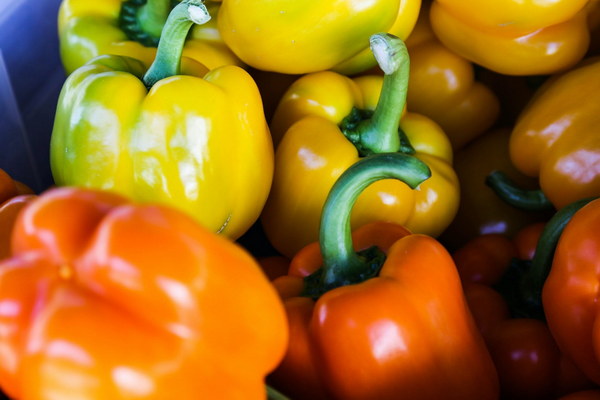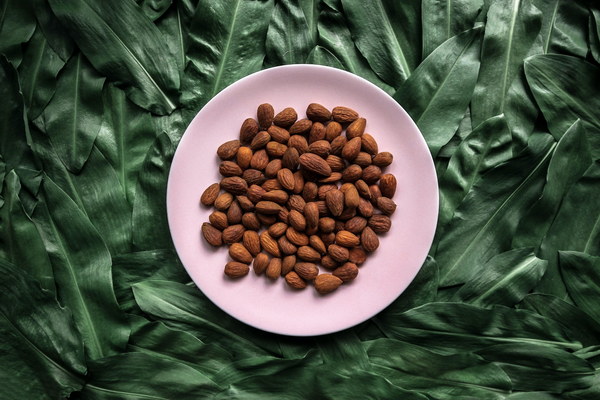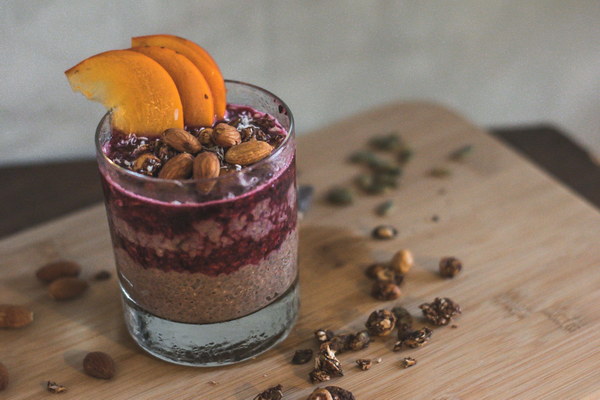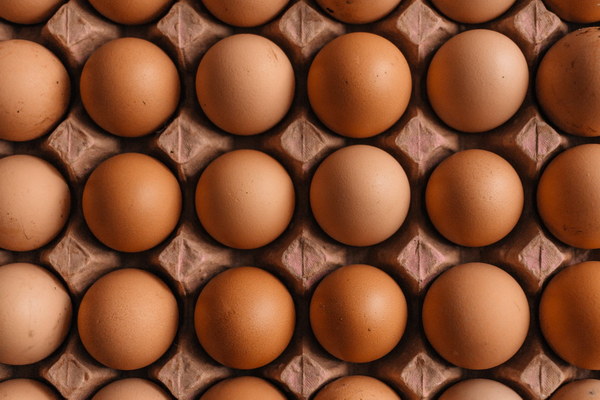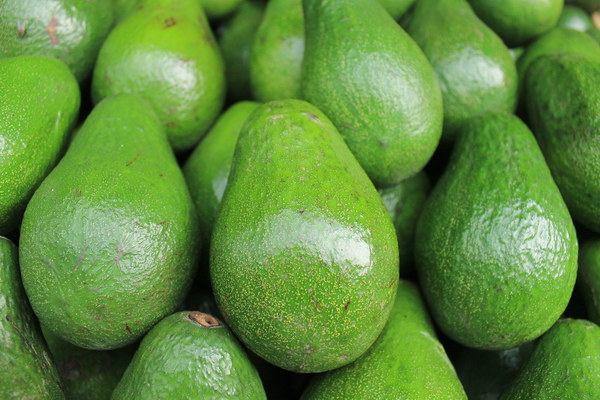Nourishing Yin Deficiency A Comprehensive Guide to Chinese Herbal Tonics
In the realm of traditional Chinese medicine (TCM), Yin Deficiency is a common condition that can lead to various health issues. It occurs when the body's Yin energy, which is associated with cooling, moistening, and calming properties, becomes depleted. This imbalance can manifest as symptoms such as hot flashes, night sweats, irritability, and fatigue. To restore balance, TCM practitioners often recommend tonifying Yin through the use of herbal remedies and dietary adjustments. This article will delve into the concept of Yin Deficiency and explore the different ways to nourish Yin using Chinese herbs and supplements.
Understanding Yin Deficiency
Yin and Yang are two fundamental forces in TCM that represent opposite but complementary aspects of life. Yin is associated with darkness, coolness, and femininity, while Yang is associated with light, warmth, and masculinity. A healthy balance between Yin and Yang is essential for maintaining overall well-being. When Yin becomes deficient, it can lead to a variety of symptoms, including:
1. Hot flashes and night sweats
2. Excessive thirst and dry mouth
3. Restless sleep and night sweats
4. Dry skin, hair, and eyes
5. Weakness, fatigue, and irritability

6. Palpitations and anxiety
7. Dry cough and sore throat
Nourishing Yin: Herbal Remedies and Supplements
Chinese herbal medicine offers a wide range of remedies to nourish Yin and alleviate the symptoms of Yin Deficiency. Here are some commonly used herbs and supplements:
1. Schisandra (Wu Wei Zi): Known for its adaptogenic properties, Schisandra helps to tonify the liver, kidney, and lung yin. It is often used to relieve anxiety, improve sleep, and boost the immune system.
2. Rehmannia (Shu Di Huang): This herb is renowned for its ability to nourish the liver, kidney, and blood yin. It is commonly used to alleviate symptoms such as hot flashes, night sweats, and fatigue.
3. Peony (Mu Dan Pi): Peony is a cooling herb that helps to nourish the liver yin and relieve irritability, anxiety, and palpitations.
4. Coix Seed (Yi Yi Ren): This herb has a cooling and moistening effect on the body, making it useful for treating symptoms such as night sweats, dry skin, and fatigue.
5. Angelica Sinensis (Dang Gui): Known as the King of Herbs, Angelica Sinensis is a powerful blood tonic that nourishes the liver, kidney, and blood yin. It is often used to alleviate menstrual irregularities, fatigue, and hot flashes.
6. Dendrobium (Sheng Di Huang): This herb has a cooling and nourishing effect on the lung, stomach, and kidney yin. It is commonly used to relieve symptoms such as dry mouth, throat, and eyes, as well as night sweats.
Dietary Adjustments
In addition to herbal remedies, dietary adjustments can also help nourish Yin and restore balance. Some general recommendations include:
1. Increase intake of cooling and moistening foods, such as cucumbers, melons, and leafy greens.
2. Limit spicy, hot, and fried foods, as they can exacerbate Yin Deficiency symptoms.
3. Incorporate foods rich in yin properties, such as soy products, nuts, and seafood.
4. Drink plenty of fluids, especially herbal teas or broths that contain cooling herbs.
Conclusion
Nourishing Yin Deficiency is an essential aspect of maintaining overall health and well-being in TCM. By utilizing Chinese herbs and making dietary adjustments, individuals can effectively alleviate the symptoms of Yin Deficiency and restore balance to their bodies. It is important to consult with a qualified TCM practitioner before starting any herbal treatment to ensure proper diagnosis and treatment plan.
